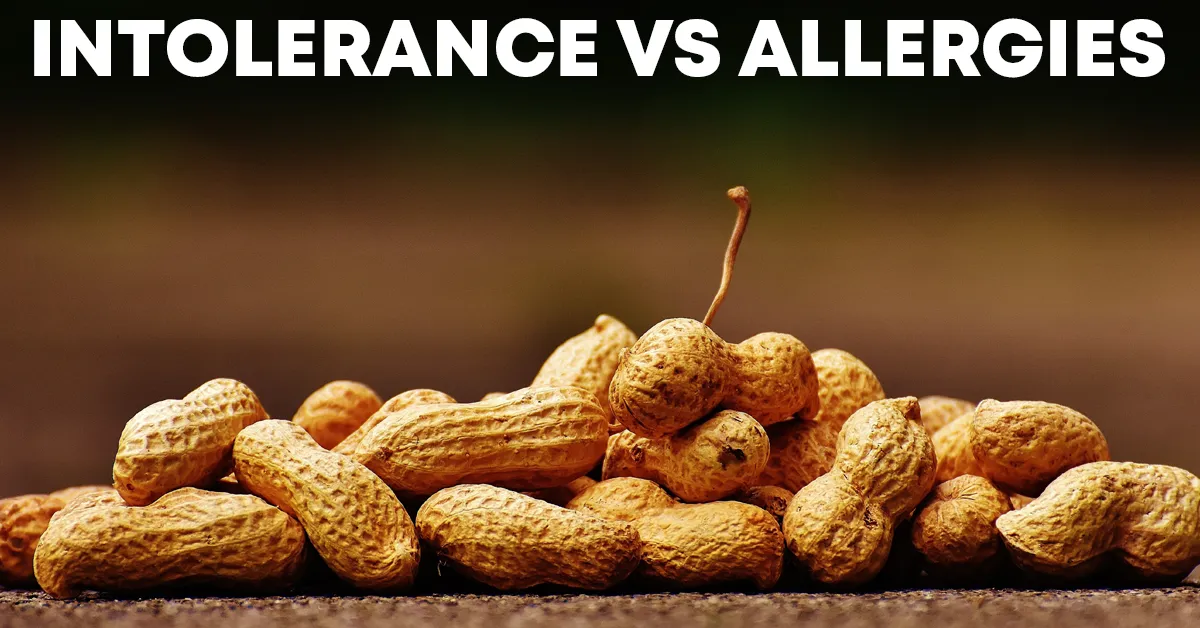Throughout your life, you or someone you know likely has had a bad experience with a food that leads them to believe they have a food allergy.
The sneezing, rashes, nausea, bloating or other symptoms you may experience that lead you to this conclusion may not be the result of an allergy, they may be signs of food intolerance.
So what is a Food Intolerance?
The American Academy of Allergy Asthma and Immunology defines food intolerance as something that occurs “when a person has difficulty digesting a particular food.”
An intolerance specifically involves the digestive system as compared to allergies which involve the immune system and thus even small amounts of food can cause a reaction. Because of this, allergic reactions pose significantly more serious risks than intolerance.
Lactose Intolerance
As the name suggests, lactose intolerance is one of the most well-known forms of food intolerance. These patients avoid the lactose found in dairy products as it causes them digestive issues.
Common Causes
The Mayo Clinic shares a number of common causes of food intolerance, including:
- Absence of an enzyme for fully digesting a specific food
- Sensitivity to food additives
- Stress or psychological factors associated with a specific food
- Celiac disease
What can I do about it?
In many cases, your allergies can be identified with an allergy test available at Williams Integracare. This can help you identify any food allergies you have while discussing with your provider any possible intolerance you may have. In some situations, inflammatory markers may be tracked such as HS-CRP and ESR as these can be elevated with food sensitivity.
What if it is just an intolerance?
Food intolerance in our bodies can (potentially) slowly disappear over time. This often provides hope for patients that they may be able to one day eat the specific food again with decreased issues.
This is also part of the balancing act of food intolerance. You may discover you can tolerate certain amounts of food without undesirable symptoms. Finding a limit that works for you will be key if you desire to keep eating the food.


